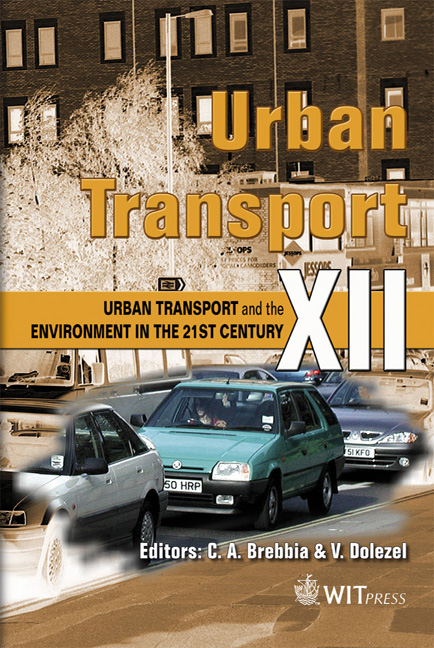Intelligent Transportation-deployment And Development Process In Korea
Price
Free (open access)
Transaction
Volume
89
Pages
10
Published
2006
Size
710 kb
Paper DOI
10.2495/UT060741
Copyright
WIT Press
Author(s)
A. A. Shah, N. P. Mahalik, J. Namkoong & J. D. Lee
Abstract
Intelligent Transport Systems (ITS) are intended to help solve various road transportation problems, by linking the road and vehicles through advanced communications and information technologies so as to achieve safer, more efficient transportation. ITS infrastructure deployment in Korea was initiated in the early 1990s and Korea proposed her first National ITS Master Plan in 1997 with a revised version in the year 2000 for a period of 20 years. The prime goal is to enhance safety, increase transportation efficiency, improve driving comfort and reduce environmental pollution. This paper reviews different stages of ITS development in Korea and checks the performance of the tools in improving the overall traffic functioning. The intended audiences are the policy makers, practioners and all those who want to see the applicability of this IT based sustainable solution to mitigate traffic problem intelligently. Keywords: intelligent transport system, Republic of Korea, planning. 1 Introduction The Republic of Korea is a densely populated country of about 48 million inhabitants located in East Asia. The process of rapid industrialisation over the last few decades transformed Korea into an economic hub of Asia. In the area of information technology she has demonstrated particular strength that has trickled down into every major arena with transportation as no exception. Korean domestic research on Intelligent Transport Systems (ITS) was initiated in early
Keywords
intelligent transport system, Republic of Korea, planning.





